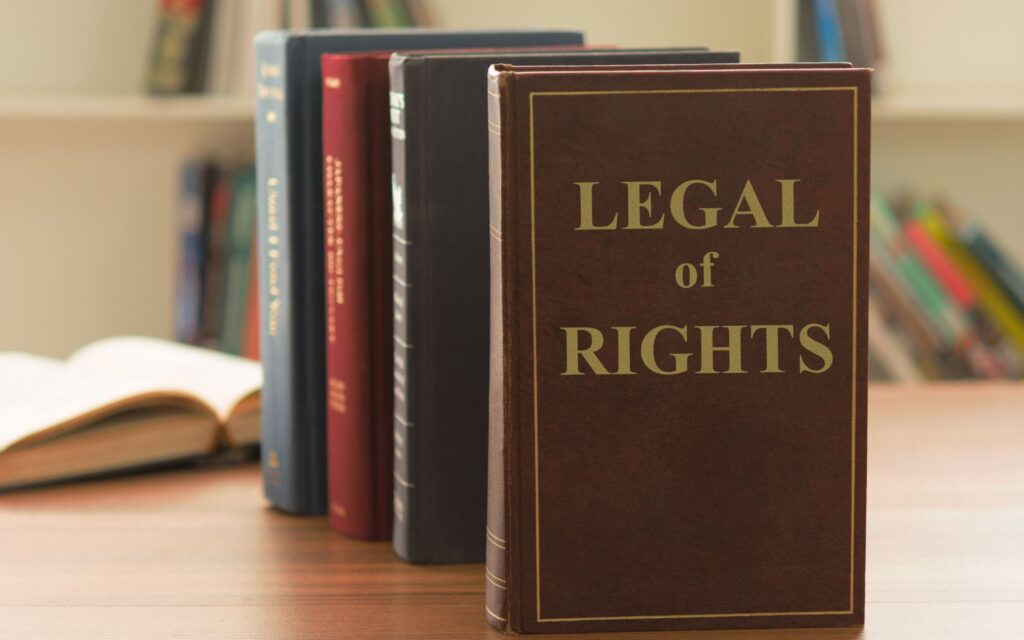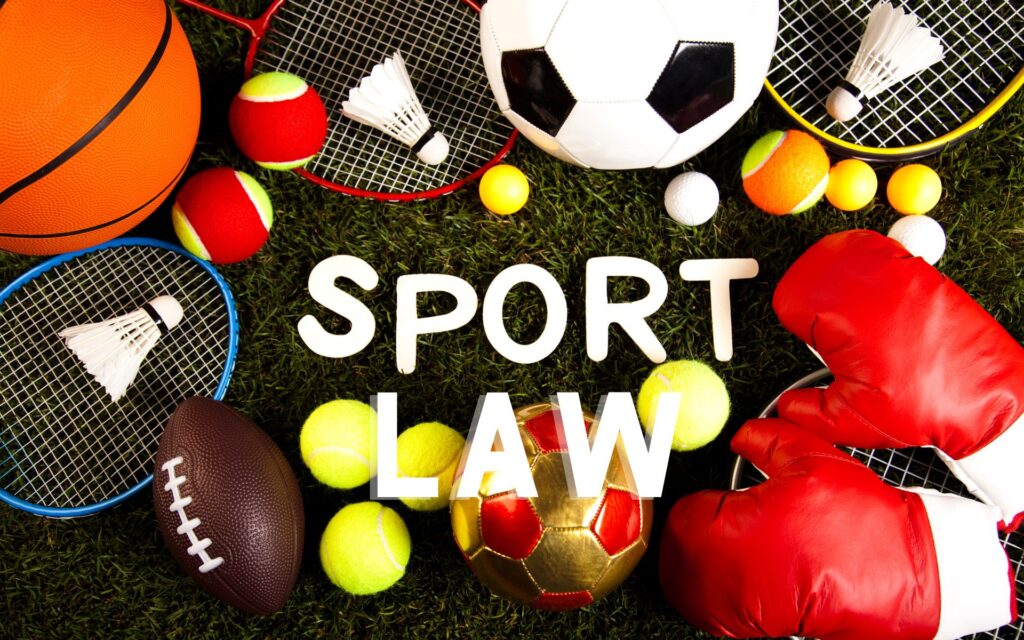Introduction
Sports law and legal aspects are vital components of the ever-changing world of sports. As India’s sports landscape expands, it is becoming increasingly important to acknowledge and appreciate the significance of legislation in Sports. This blog will showcase the significance of sports legislation and legal aspects in India, and how they influence the rights, governance, and integrity of sports in the country.
Protecting Athletes’ Rights:

The function of sports law in protecting athletes’ rights is critical. Sports attorneys work as advocates for athletes, negotiating and suing on their behalf on problems ranging from ensuring fair play and combating doping to addressing discrimination, contract disputes, and image rights. Sports law ensures that players can focus on their performance while knowing that their rights are being maintained by offering legal protection and direction.
Maintaining Integrity and Fair Play:
Sports law and legal practice are critical for maintaining sports’ integrity and fair play. These practices are critical to fight against cheating and corruption like match-fixing, doping, and other unethical and illegal practices. Sports attorneys collaborate closely with sports governing bodies, regulators, and law enforcement organizations to formulate and enforce fair competition laws and regulations. Their competence in investigations and disciplinary hearings contributes to Indian sports’ confidence and reputation.
Contract Negotiations & Resolution to Disputes:
Contract negotiations are typical occurrences in the world of professional sports. Sports attorneys or lawyers are of crucial importance in resolving disputes and mediating between athletes, clubs, sponsors, and other stakeholders. They advise athletes on contract talks, ensuring fair salary and favorable terms. Furthermore, sports attorneys assist in the design and review of contracts, thereby preserving the interests of all parties involved.
Ensuring Compliance with Sports restrictions:
Anti-doping, player transfers, sponsorship, broadcasting rights, and intellectual property are only a few of the restrictions covered by sports legislation. Sports attorneys help sports organizations and individuals understand and comply with these standards, thereby reducing legal risks and fostering ethical behavior. Their knowledge assists in navigating complicated legal systems and ensuring that Indian sports adhere to national and international rules.
Promoting Sports Governance and Policy Development:
In India, the development of sports governance and policy is significantly influenced by sports legislation. By working with governmental organisations, sports federations, and other organisations, sports attorneys contribute to the creation of sports policies. They aid in the creation of policies, governance frameworks for sports, and legal frameworks that support accountability, openness, and the general expansion of the sports industry.
Conclusion:
Sports law and legal practice are extremely important in India’s athletic environment. These legal considerations are critical for ensuring fair play, preserving athletes’ rights, settling disputes, and developing effective governance systems. As the Indian sports industry grows, sports law will play an increasingly important role in negotiating the country’s complex legal difficulties and building a fair, transparent, and thriving sports environment.
FAQ’s
What specific elements of sports legislation are critical for the Indian sports industry?
There are several specific areas of sports legislation that are critical to the Indian sports business. Athlete rights and welfare, anti-doping legislation, sports contracts and negotiations, intellectual property rights, match-fixing and corruption prevention, sports governance and policy development, and compliance with international sports regulations are all examples of these.
How does sports legislation help to maintain sports integrity in India?
Sports law is critical to maintaining the integrity of sports in India. By implementing strong laws and enforcement systems, it aids in the fight against match-fixing, doping, corruption, and other forms of cheating. Sports attorneys collaborate closely with sports governing organizations and law enforcement agencies to investigate and prosecute individuals involved in unethical practices, maintaining the integrity of Indian sports.
Can you give examples of notable cases or legal challenges that have shaped Indian sports as a result of sports law’s involvement?
Because of the role of sports law, several important cases have influenced Indian sports. Legal disputes over athletes’ rights and selection controversies, for example, have affected policies and norms governing fair play and selection criteria. Cases of match-fixing and corruption have led in the strengthening of legislation and regulations to protect Indian sports’ integrity. Intellectual property disputes and sponsorship disagreements have also produced legal precedents, influencing the business aspects of the sports sector.
How can aspiring sports attorneys help to expand and improve the Indian sports industry?
Aspiring sports attorneys may help the Indian sports business grow and prosper in a variety of ways. They can assist athletes, sports organisations, and governing authorities with legal advice and support, assuring compliance with sports legislation and preserving their rights. Sports lawyers can also take an active role in policymaking by collaborating with government agencies and sports federations to establish sports governance and rules that promote openness and fairness. They can also help educate athletes and sports stakeholders about their legal rights and duties.
Is there a need for sports attorneys in India, and what are the professional opportunities?
As the sports business increases, there is an increasing demand for sports lawyers in India. Working with sports federations, sports law firms, sports agencies, athlete management organisations, sports clubs, and government authorities are all possible career paths for sports lawyers. Athlete representation, sports arbitration and conflict resolution, contract negotiation, intellectual property law, and sports policy formulation are some of the areas in which they can specialise. Sports attorneys can also pursue academic and research jobs, which will help to enhance sports law and its application in the Indian context.





